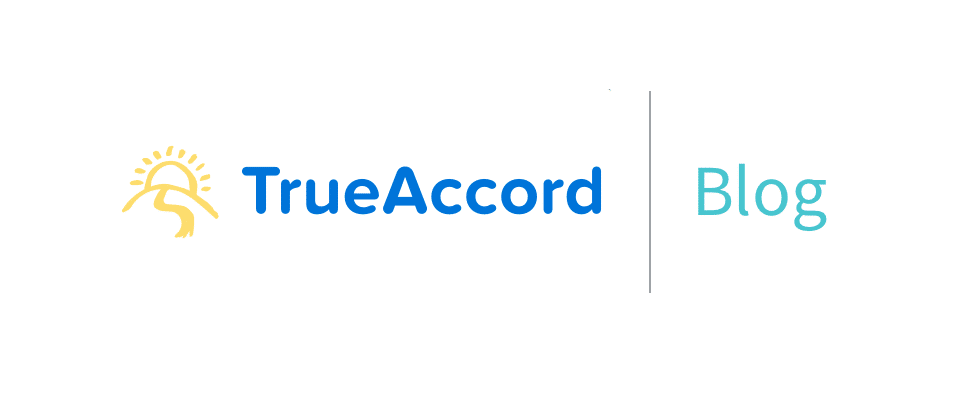
What does the future hold? We don’t own a crystal ball but we work with some deep thinkers with decades of experience, who’ve been watching this industry evolve over the years. Tim Collins (CCO), Sheila Monroe (COO), and Kelly Knepper-Stephens (VP of Legal) shared their predictions and expectations as we go into 2019 and what we all need to think about.
Read our 2018 predictions here.
Credit cycle downturn leading to bad behavior
Many financial institutions are predicting a downturn in 2019, which will prove to be the year’s biggest macro trend impacting behavior across the board. While several creditors already started tightening their underwriting criteria, almost none have sufficiently adapted their collections practices to take advantage of new technologies and will have to scale call center servicing as more consumers default. With the increase in roll rates and bad debt, creditors will be tempted to turn to old habits and increase aggressive calling tactics while they struggle to adapt to our now digital-first world.
The new BCFP rule isn’t a big surprise
We have been expecting the new debt collection rule ever since the process started in 2013. Now with the confirmation of Kathy Kraninger as the new Director of the Bureau of Consumer Protection we may see the rule sometime early next year. The journey has been long and the scope of the rule changed multiple times, and some have hypothesized that the new administration may impact the content of the proposed rule. When the NPR comes out next year we however expect it to be very similar to the Bureau’s outline of the proposal presented in 2016. We expect the focus on disclosures, limitations on contact frequency, and some support for new communication channels that will fall short of a litigation-proof formula.
The NPR won’t be the only law passed impacting debt collection
Consumer complaints are forcing both sides of the aisle in the House and Senate to try and pass legislation to update the TCPA and empower not only the FCC but the BCFP and FTC to bring the robocalling crisis to a swift conclusion. The TRACED Act is the latest but won’t be the last and provides for criminal and increased civil penalties. These changes will make legitimate businesses pause calling to make sure they are not included and could be a field day for plaintiff lawyers.
Litigation to remain roughly the same as in 2018
The BCFP will publish a new rule and the FCC may engage in more enforcement activity but we do not expect anything to impact litigation activity in the debt collection market. Legal theories may change, one statue may be slightly over-represented vs. the others but overall numbers will not change much. The plaintiff attorney/collection agency game will continue to look more like a cybersecurity firm’s bug bounty program than courtroom drama, and we think it’s time to treat it as such and move on.
Robocalling increases exponentially
In 2018 we had a robo-call task force that impacted right party contact across the board as it swept collection calls together with spam calls. We don’t see this trend subsiding, but in fact increasing. With a record 5.1 billion robocalls made in October and technology is going to simplify the work of spammers for a long time before it catches up with blocking them, and the increased illicit activity will continue to encourage broad stroke prevention measures that are certain to continue hurting collection calls and RPC. Adding to that, financial institutions continue to adopt digital communication channels and the rise of digital-only “neobanks” will continue to educate consumers against using their phone. The combined effect will underline the continued crisis in phone-based collection efforts.
Increased use of technology to contact consumers
When TrueAccord was started in 2013, digital communication and AI were rarely heard of in debt collection. This was completely reversed in 2018 as these two topics have been frequently discussed. We expect 2019 to be a breakout year when more creditors and collectors will adopt multiple channels including chat, email, IVR, and texting, all driven by AI, to improve contact rates. Technology has matured as well as the industry’s interest and clients’ demands. We will be tracking those solutions and the market’s reaction to them as they scale.
M&A activity to increase dramatically
The new BCFP rule and robocall blocking activities will put tremendous pressure on small and medium agencies. Coupled with major creditors reducing their agency network, and new technologies requiring a large upfront investment, we expect further consolidation in the debt collection market. While prices may remain higher than they used to be, we expect more small and medium agencies to offer themselves up as owners worry about increased uncertainty and mounting costs. The deep-pocketed shall rule the segment.
Overall, we expect an eventful, challenging, and incredibly interesting 2019. We look forward to meeting with peers in upcoming events and discussing these developments as we see them unfold through the year.